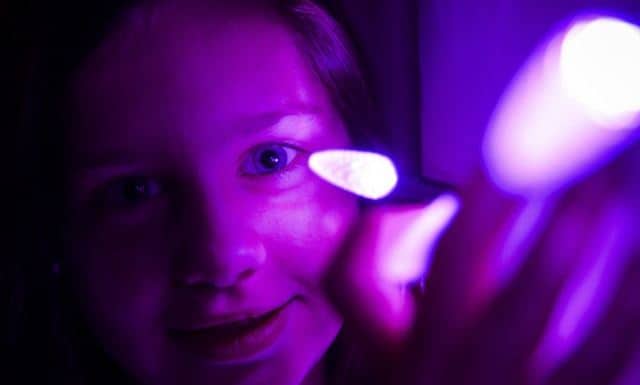
Do sugar substitutes really increase heart disease?
Do sugar substitutes really increase heart disease?
A new study revealed a relationship between sugar substitutes or no-calorie sweeteners, specifically erythritol, and an increased risk of cardiovascular disease.
In the study, published in the journal Nature Medicine, researchers looked at the blood levels of erythritol in nearly 4000 people from the United States and Europe and found that those with the highest blood concentration of the sugar substitute were more likely to have a stroke or heart attack.
The participants, who were mostly over the age of XNUMX, were either already at risk of developing cardiovascular disease due to conditions such as diabetes and high blood pressure, The New York Times reported Thursday.
The researchers also found that when they fed erythritol to mice, it enhanced the formation of blood clots.
Erythritol appears to stimulate clotting in human blood and plasma as well. Among eight people who ingested erythritol at typical levels in a pint of keto ice cream or a can of artificially sweetened drink, the sugar alcohol remained in their blood for more than two days.
Not enough evidence
On the other hand, Dr. Dariush Mozaffarian, a cardiologist and professor of nutrition at the Friedman School of Nutrition Science and Policy at Tufts University, who was not involved in the study, said that “there have been insufficient studies to determine the long-term health effects of sugar substitutes in humans.”
"That is the problem," he added. Aside from this study, there is not enough evidence that it is really safe.”
He also explained a major limitation of the study, pointing out that the majority of its participants either had cardiovascular disease or had multiple risk factors for cardiovascular problems, which potentially skewed the data.
Further investigation
While the study found an association between erythritol and an increased risk of cardiovascular disease, it did not prove that the compound itself caused strokes and heart attacks.
Dr. Priya M. Freeney, a cardiologist at Northwestern University who was not involved in the study, said the study involves observational research that requires further validation. But she added: "It is concerning enough that it certainly deserves further investigation."






